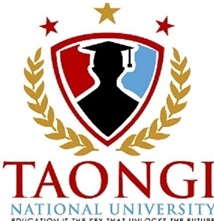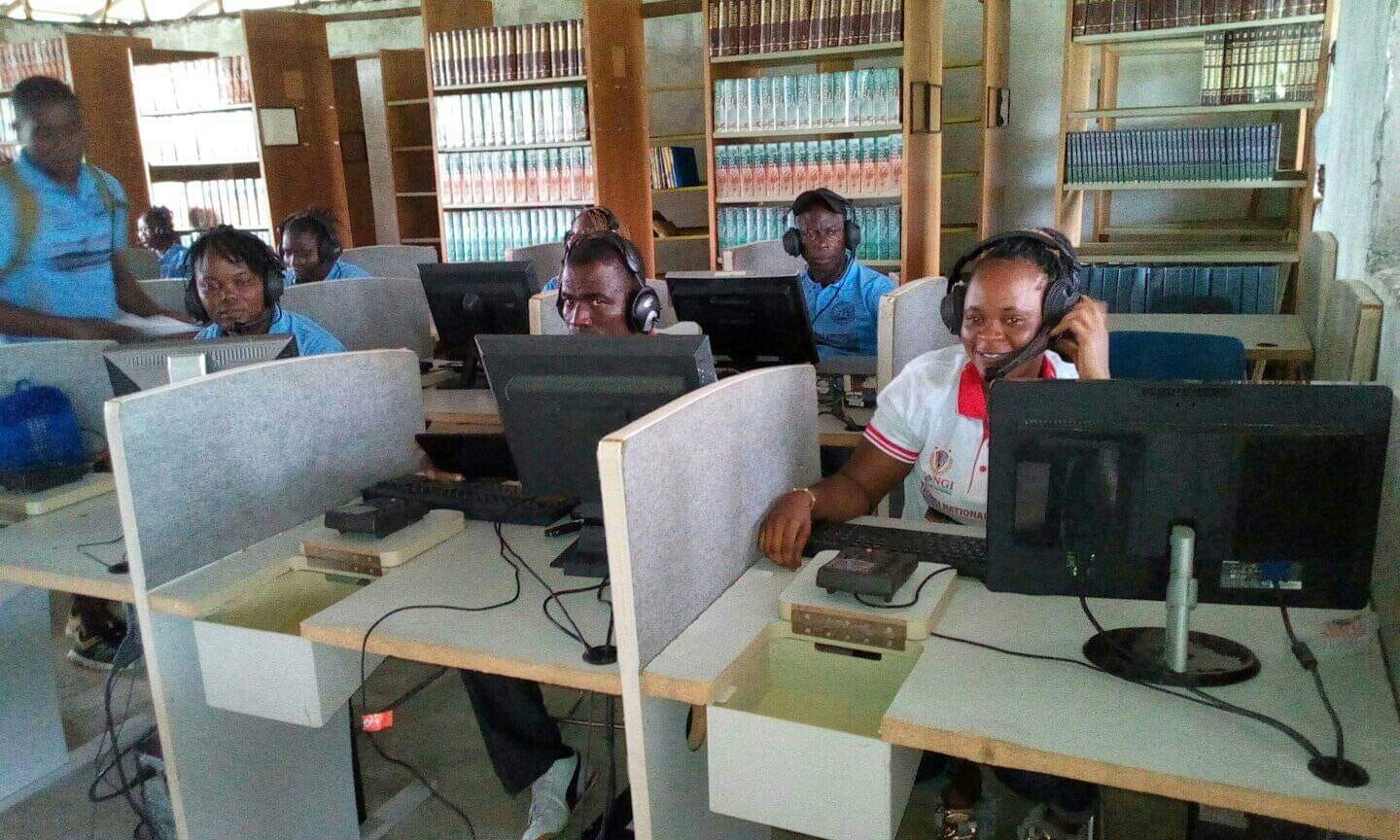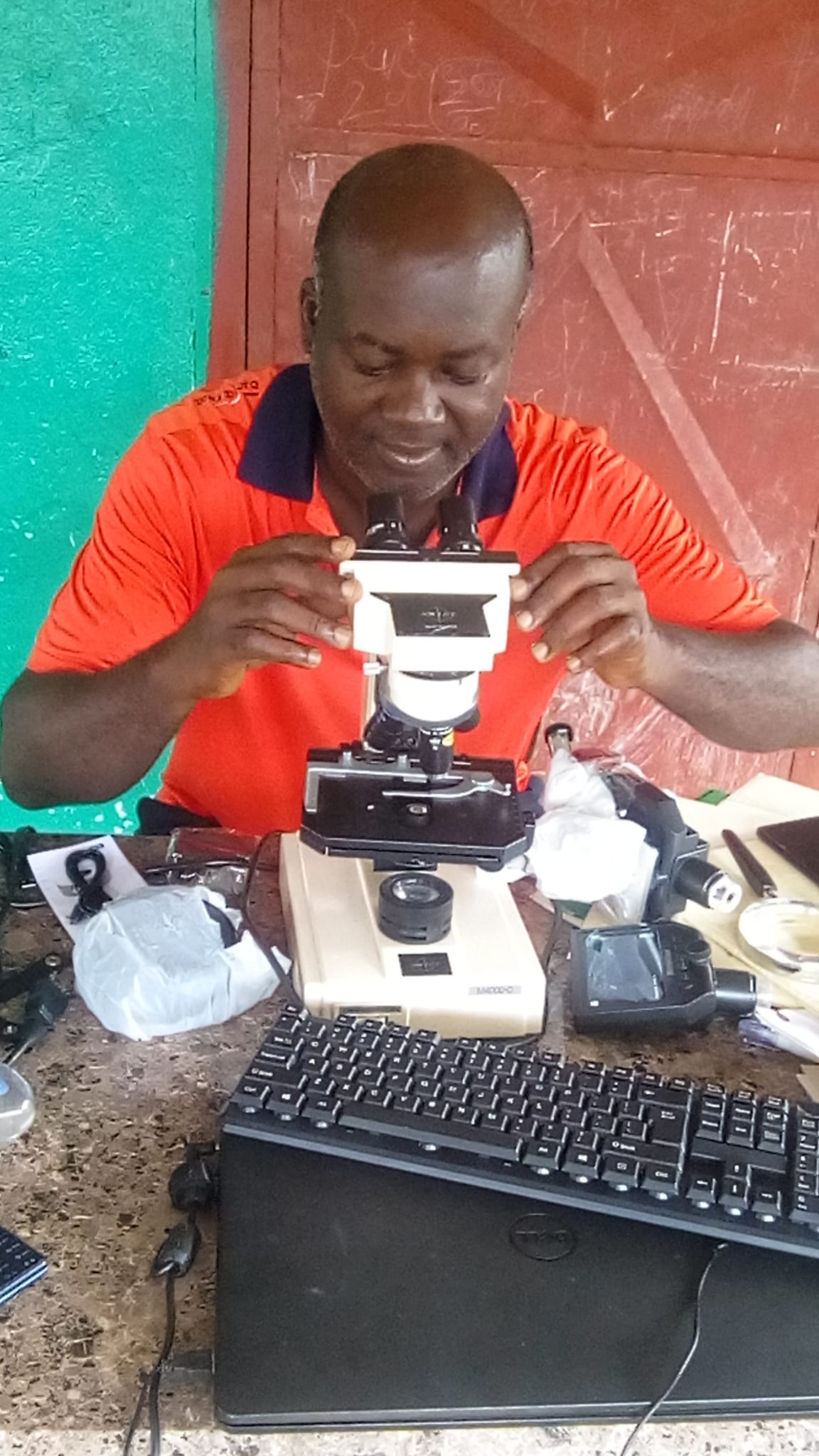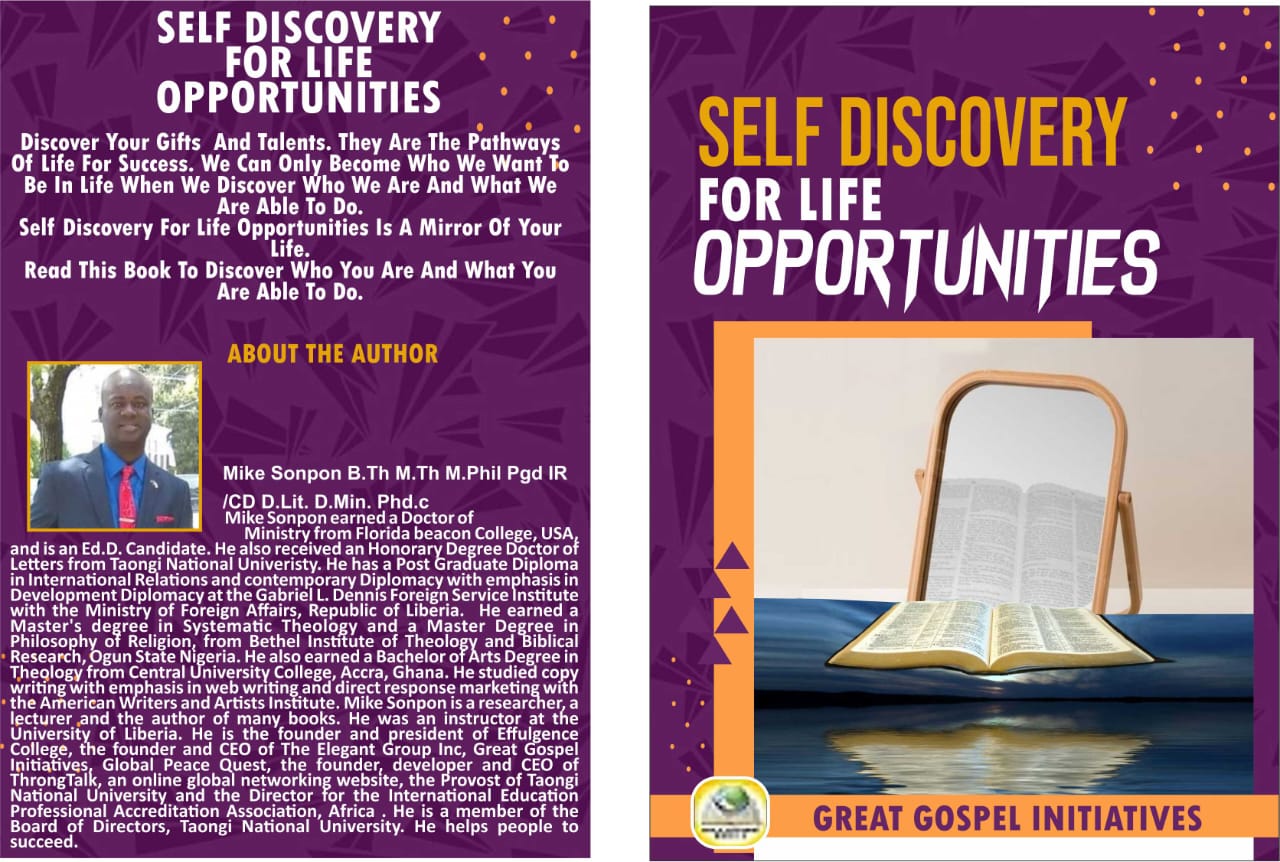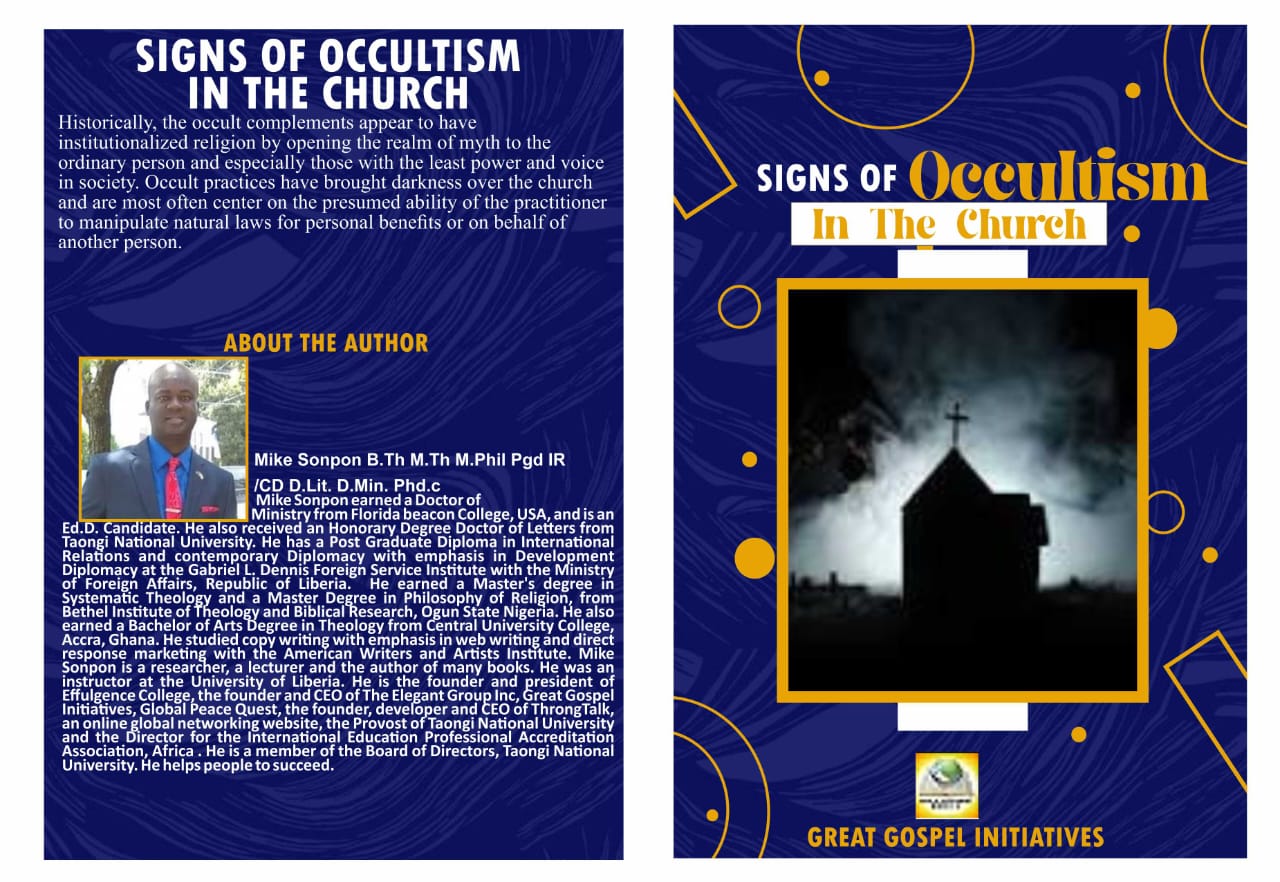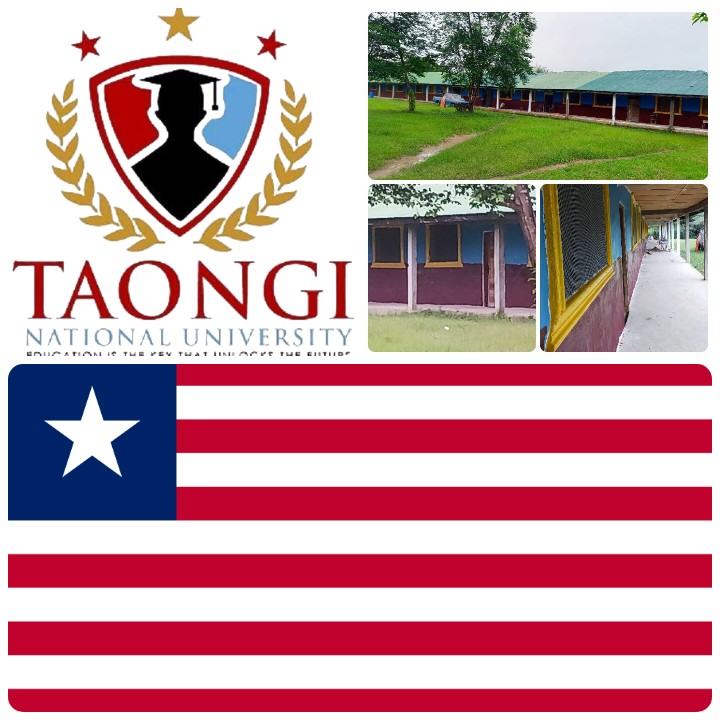
The transition to higher education is a pivotal moment for students, marking a shift from guided learning to a more self-directed, inquiry-based approach. During this crucial phase, the early integration of a course in research methodology is not merely beneficial but essential.
Offering “Introduction to Research Methodology” in the first year of a university curriculum provides students with a foundational skillset that underpins all subsequent academic work.
Conversely, delaying this vital training until the final year, when students are tasked with writing a thesis, poses significant dangers and sets them up for potential academic failure.
For an institution like Taongi National University, embracing this early-education model would be a strategic move that enhances student success, academic rigor, and the overall quality of its graduates.
Teaching research methodology at the beginning of a student’s academic journey equips them with the tools they need to succeed from day one.
A well-structured introductory course provides a comprehensive overview of scholarly inquiry, covering crucial topics such as formulating a research question, identifying and evaluating credible sources, proper citation techniques, and ethical considerations. These skills are fundamental to every course they will take, from writing a literature review in history to conducting a small-scale experiment in a science lab.
By learning these principles early, students develop the critical thinking and information literacy skills necessary to navigate the vast amount of academic information available to them. It instills good habits and a strong academic foundation, allowing them to build confidently upon their knowledge in every semester that follows.
The decision to postpone this course until the final year of higher education presents a clear and present danger to student success. When research methodology is taught in the fourth year, it is often treated as an intensive crash course just before students are expected to complete a major, capstone project: their thesis.
This creates an immense amount of pressure on students who are simultaneously juggling rigorous final-year coursework, job applications, and the anxiety of their impending graduation. Lacking a scaffolded, years-long experience with research principles, students are more susceptible to common pitfalls. They may struggle with poor research design, select inappropriate methodologies, or, critically, engage in accidental plagiarism due to a rushed understanding of citation and academic integrity. This late introduction can turn the thesis-writing process from a culmination of knowledge into a stressful ordeal, potentially leading to poorly constructed papers, academic probation, or even a failure to graduate. It is a disservice to students and undermines the quality of the final research output.
For Taongi National University specifically, a commitment to teaching research methodology in the first year offers a wealth of benefits that would set the institution and its students apart.
First, it would demonstrably improve the quality and originality of student theses. Graduating students would be better prepared to contribute meaningful, well-researched work to their respective fields, thereby elevating the academic reputation of the university.
Second, it would significantly reduce student stress and improve retention rates by making the academic journey more manageable and less intimidating. Students would feel more capable and confident in their abilities.
Finally, this approach would produce graduates who are not only well-versed in their fields but are also adept at critical inquiry and problem-solving, skills that are highly valued in both the professional world and in postgraduate studies.
In a competitive academic landscape, giving students this foundational advantage early on positions Taongi National University as a leader in providing rigorous, high-quality education.
In conclusion, the decision of when to teach Introduction to Research Methodology is a critical one with long-lasting consequences. By integrating this course into the first-year curriculum, universities can provide their students with an indispensable set of skills, fostering a culture of academic integrity and intellectual curiosity. The academic dangers of delaying this instruction are too great to ignore, as they can lead to student frustration, poor academic outcomes, and a diminished quality of scholarly work. For Taongi National University, embracing an early and foundational approach to research education is a proactive investment in its students’ success and its own institutional excellence.


